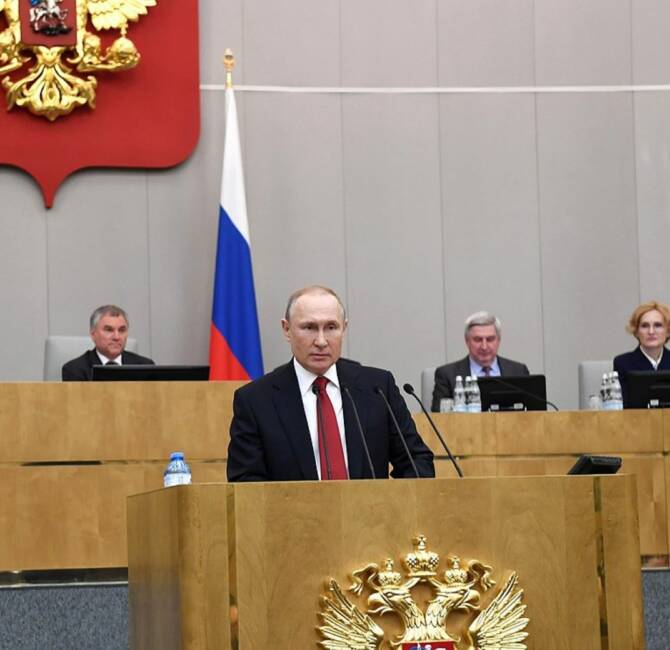“The rationale is simple – the euro, according to the principles of economics, can be a single currency when the whole area has equal potential, that is, the same as Germany” – says Zbigniew Krysiak, a professor of finance at the Warsaw School of Economics.
An interview published originally on Sovereignty.pl. To read the full version on Sovereignty.pl, please click here.
Karol Gac: On January 1st of this year, Croatia joined the eurozone. The Bulgarians and Romanians also want to be part of it in the coming years. In connection with this, the discussion about adopting a common currency has heated up again in Poland. Should our country follow the path of Croatia?
Prof. Zbigniew Krysiak: Absolutely not. Besides, Croatia should not be joining it either. The rationale is simple – the euro, according to the principles of economics, can be a single currency when the whole area has equal potential, that is, the same as Germany. Here such a situation does not exist. Even the Italians and the French are losing in relation to Germany. In Croatia, the negative consequences of adopting the single currency can already be seen. Overnight there has been an overvaluation of assets. This means not only an increase in prices, but also a spike in the assets held. This is the effect of introducing a common currency when there is no balance of potentials. It cannot be counted solely by GDP per capita, because this is a very misleading measure, as can be seen, for example, in African countries.
You mention economic asymmetry in the European Union. Indeed, both the EU and the Eurozone are strongly differentiated. You co-authored a report on the economic balance sheet of Poland’s EU membership. It is probably worth remembering that what is profitable for Germany may not be profitable for the countries of Central and Eastern Europe? Especially since it is Germany that benefits most from the current shape of the EU and the eurozone.
The purpose of the report, which I prepared together with Prof. Tomasz Grosse, was to show the economic imbalance of the European Union, i.e. the unequal distribution of profits. The economic model of the EU must be changed so that it is not the case that the common market benefits mainly Germany or the Netherlands, and much less other countries. The current economic model is inefficient. Ultimately, it also harms the EU itself, as it ceases to be competitive with the rest of the world. This can already be seen when we look, for example, at the banking sector in Germany, which is the least profitable. Similarly, the financial sector in relation to other countries. It can be said that the worse functioning of the banking system in Germany results in worse functioning of small and medium-sized enterprises, which is very much emphasized at the moment by various business associations in Germany. The pressure or even capital aggression towards countries such as Poland, Romania, or Slovakia is due to the fact that German companies have very little earning space in their own country, so their profits are not the result of a well-functioning domestic economy, but of other countries’ explorations.
What effect does this have on the European Union?
Negative. A few years ago, a German think-tank commissioned…




